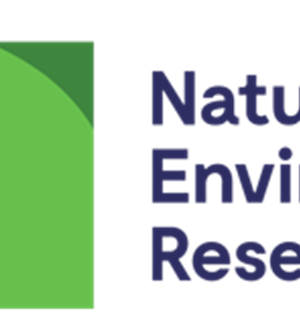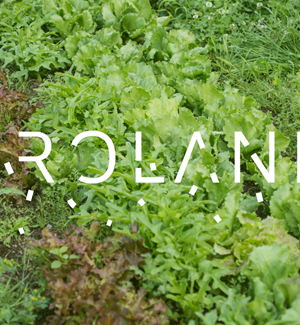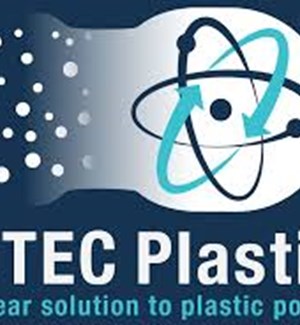Plastic and microplastic pollution pose a global environmental and societal concern, and indirect ecological effects are unexplored. Laboratory evidence suggests a binding between metals and altered plastics, whose interaction can be amplified in environmental conditions due to mechanical, UV and biological degradations during plastic ageing. Moreover, plastics can change the budget and cycling of nutrients, micronutrients and toxic metals in different environments. The EU-funded PLANET project will conduct artificial plastic ageing experiments on selected polymers, characterise alterations of plastic surface physicochemical properties, run sorption tests with ions and metals, build a mathematical frame describing this interaction and implications for ions/metals distribution in the environment, and assess model predictions in sediments/water column microcosms to enable inference for ecological effects at different scales.
Want to analyze based on this project via our analysis tool? Analyze this project
Knowledge Gaps
Characteristics of plastic-general
Degradation
Environmental fate and behavior of plastic
Environmental effects and ecotoxicity
Chronic or long-term effects, multiple forms and/or sources
Publications





